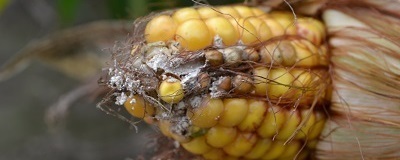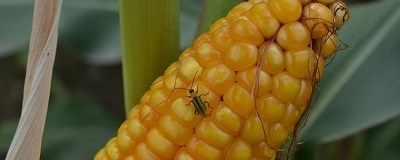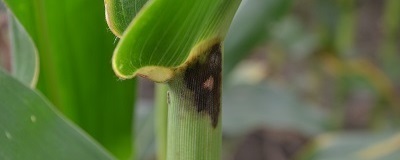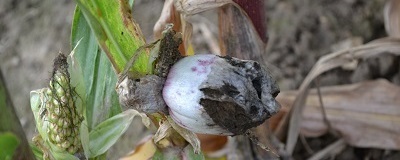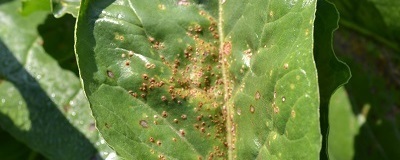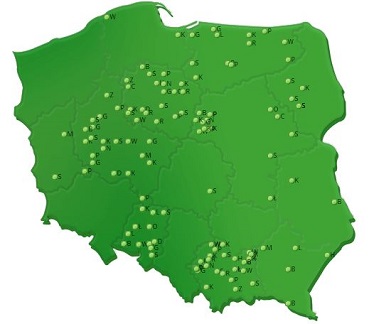Extra menu
Page menu
Navigation path
Social networks icons
Page content
List of plant protection products approved for use in organic farming
In addition to the integrated approach, low-pesticide plant protection also relies on organic farming.
Organic farming is defined as a sustainable system of plant and animal production. Organic production should therefore combine environment-friendly farming practices, promote a high level of biodiversity, utilize natural processes taking place in the environment, and ensure high standards of animal welfare.
Sustainable production on organic farms relies primarily on proper crop rotation and other natural methods of maintaining or increasing the biological activity of soil, proper selection of plant species and varieties and animal species and breeds that are both naturally resistant to diseases and adapted to the local climate.
Some of the key measures used in organic farming are as follows:
- Cultivation practices in plant production should either maintain or increase the amount of organic matter in the soil, increase soil stability and biological activity, and prevent soil compaction and erosion,
- Soil fertility and biological activity is maintained or increased through long-term crop rotation using Fabaceae and other plants as a green fertilizer, as well as manure or other organic matter, preferably composted and obtained from organic production,
- Biodynamic preparations may also be used,
- Pests, diseases and weeds are controlled mainly by protecting their natural enemies, selecting appropriate species and varieties, employing adequate rotation programs and cultivation techniques, flame weeding and steam sterilization,
- Only where an imminent or serious threat to a crop is discovered may farmers use plant protection products approved for organic production by Council Regulation (EC) no. 834/2007.
Pursuant to Council Regulation (EC) no. 834/2007, only such products and substances, including plant protection products, may be used in organic production as have been authorized for use in general agriculture under national laws that conform with Community law. This means that plant protection products for use in organic production must be:
- approved (including the label) for use by the Minister of Agriculture and Rural Development, and
- listed as products and substances approved for use in organic farming.
The list is provided in Annex II to Commission Regulation (EC) no. 889/2008.
The use in organic farming of any plant protection products that meet the two criteria specified above is allowed without any additional certification by authorized institutions. Nevertheless, in order to help organic farmers select such products, the Institute of Plant Protection – the National Research Institute has been appointed to assess and confirm the compliance of plant protection products with organic production requirements, and to maintain a list of such products.
List of plant protection products approved for use in organic farming
Any plant protection products approved for use in organic farming are also preferred in integrated plant protection.
Farmers are obliged to keep documents evidencing the need to use a specific plant protection product in organic production. In addition, traps and dispensers that rely on the use of plant protection products other than pheromone dispensers must prevent the release of such products into the environment and keep them from coming into contact with crops. Such traps should be removed after use and disposed of safely.
Project implemented as part of tasks 1.5
Multiannual Program of the IPP-NRI for 2016-2020
Plant Protection Institute – National Research Institute
Ulica: Władysława Węgorka 20
60-318 Poznań
tel. +48 61 864 90 75
fax +48 61 864 91 20
